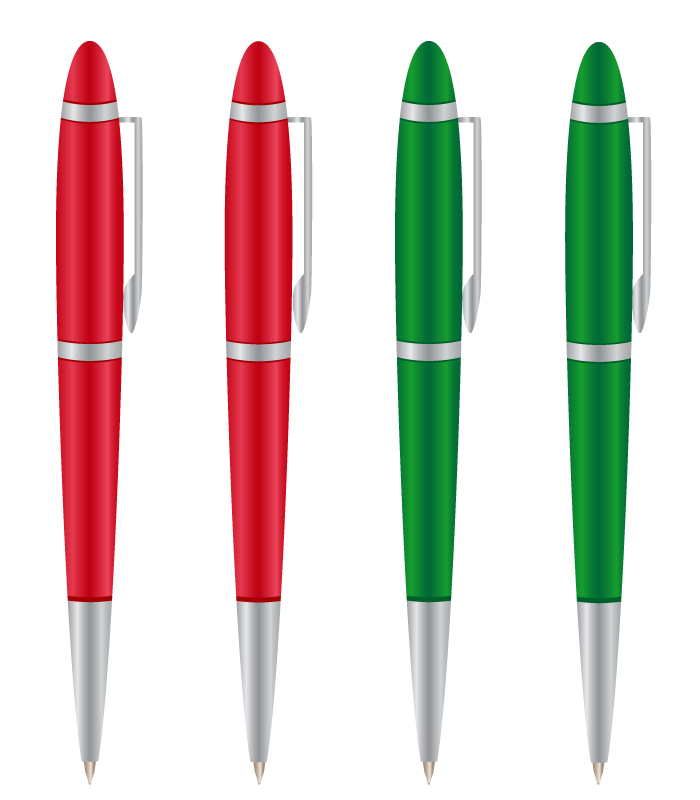The big adventure isn’t always in the story. Sometimes it’s in the editing.

A few years ago I spent the morning with two classes of junior high students to talk about how to give editing feedback to each other. They were writing adventure stories. Part of their assignment was to find a magazine photo on which to superimpose a picture of themselves on a big adventure. They were learning how to Photoshop. They were also learning how to write.
We met in the music room, sitting on risers where the band would normally rehearse. Mrs. Jackson had prepared them well: Every student had brought a story they were working on.
To illustrate what editors do, I handed out pens — red and green — for everyone to use. Red pens were for finding things that made them stop when they were reading. (Words they didn’t understand. Sentences that didn’t make sense. Spelling and grammar mistakes.) Green pens were for underlining the parts that made them want to read more.
To give the whole group some practice in saying what they liked about the story and offering suggestions to make it better, I offered to read one of their stories aloud. Then they would work in groups of three or four, giving each other feedback.
What was I thinking?!
I was proposing to do live editing on a story I had never seen before. What was I thinking?! Two fidgety boys in the front row lit up at the prospect of having their stories read. Shane elbowed Donny into volunteering his story for the whole room to hear. That was my first clue.
As I read the story aloud, I could see the swear words coming. Swears, as the kids call them, are entirely appropriate for gangsters, which the story’s hero was. I had a split second to decide whether to censor the words or find myself swearing in front of 70 junior high students and being banned forever from classrooms. Soon I was dropping F-bombs like a pro, reading them with all the emphasis they so clearly required. There was giggling at first, then dead silence as the students waited to see what would happen next.
Somehow I managed to invite useful comments from Donny’s classmates. They had thoughtful observations about characters, gave feedback about the swears and how to handle them, and made lots of suggestions about how the story worked. They were writers who were learning to edit. My admiration for Mrs. Jackson’s teaching abilities grew by the minute.
It’s the kind of adventure every editor should have. My thank-you note to the class morphed into an adventure story. Their replies are among the best feedback I have ever received from clients.
Here are excerpts from their feedback! Budding editors, every one.
Dear Ms. Durksen, I learned that…
- you have to make marks on the story, even if it’s your friend’s.
- what you think is a good piece of writing could be a piece of garbage, and you should be strong because you might get an even better piece of writing next time.
- if you are just starting out as a writer and your rough copy gets trashed or there’s lots of red marks on your sheet, don’t be discouraged.
- editing is not just about telling you how bad you did, but about telling how good you did, too.
How’s your big editing adventure going?
Previous post from Virginia Durksen: Interview With Dr. Suzanne M. Steele
The Editors’ Weekly is the official blog of Editors Canada. Contact us.
Discover more from The Editors' Weekly
Subscribe to get the latest posts sent to your email.
